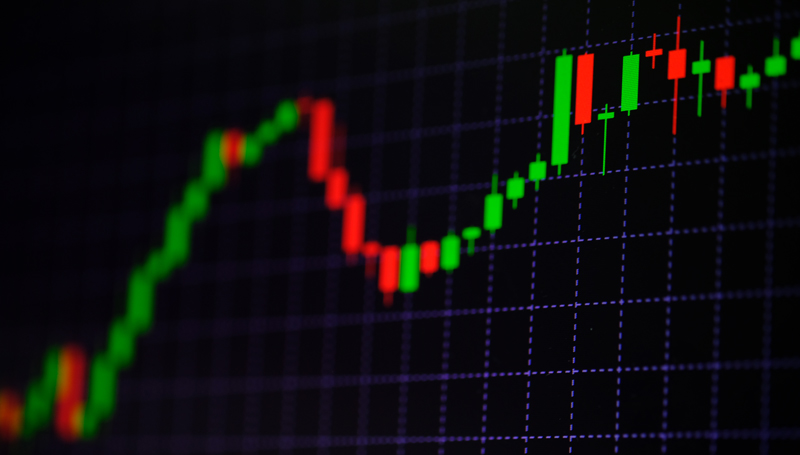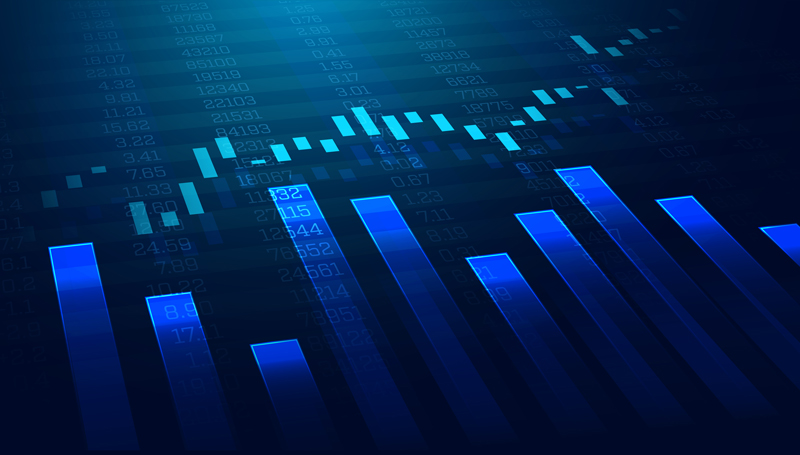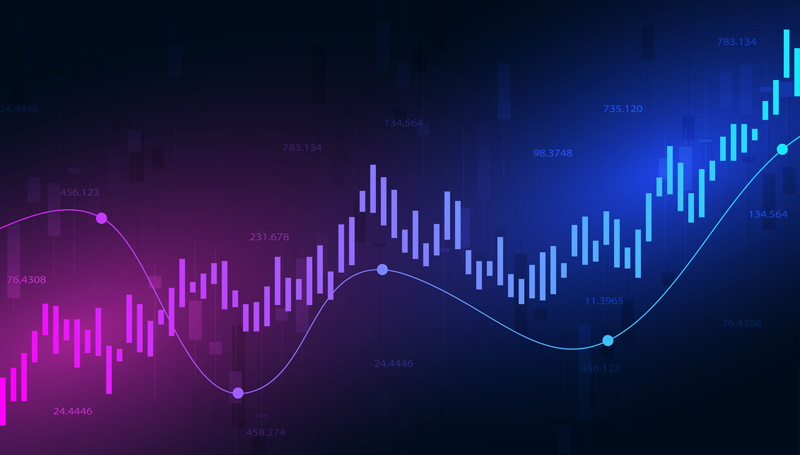
08.10.2019 – Special Report. Gold remains in great demand – most recently with the world’s major central banks. The bull market could continue. The most important political strands of crisis are currently converging in precious metals: The China-USA customs dispute and the threat of a Turkish war in Syria. This is compounded by the continuing devaluation of paper money by the European Central Bank and the Federal Reserve.
Opponents of the USA rely on gold
Gold becomes a safe haven again in times of crisis – only in September did the gold price reach a six-year high of 1,551 dollars. Interestingly, three of the USA’s major adversaries recently covered their losses with the yellow metal: China, Russia and Turkey.
China buys 100 tons of gold
The People’s Republic of China in particular came to the fore because of the customs dispute with the USA. In December last year, after a pause of more than two years, the central bank began to buy gold again, as “Welt Online” stated. At first there were around ten tonnes, and since the beginning of this year a further 89.9 tonnes have been added, according to the World Gold Council, the lobby association of the gold industry. China has therefore stocked up on around 100 tonnes of gold by the end of August.
Beijing’s hedge against dollar and yuan
Howie Lee, an economist at Oversea Chinese Banking Corporation, said in an interview with the news agency Bloomberg that the reason was the hedge against the dollar’s decline – China needs gold to hedge its large dollar reserves. It is no coincidence that Beijing has recently sold more US Treasuries, possibly also as a means of exerting pressure in the customs dispute with the USA. We add: Beijing also needs gold as a hedge for the yuan, because in the event of an open trade war with the USA, Beijing is likely to crash its domestic currency in order to support its companies’ exports on the world market.

Turkish lira in crossfire
Gold also offers an interesting diversification for states that think they have to ruin their economy and their own currency through wars. Turkey, for example, is likely to use the American retreat to invade Syria against the Kurds. It is probably no coincidence that Ankara has also bought 109.1 tonnes so far this year. No wonder, Turkey was plunged into a currency crisis in 2018, triggered not least by tensions with Washington.
And now a repetition of the (foreign exchange) history threatens itself: Following criticism of the withdrawal of US troops from northern Syria that he had announced, US President Donald Trump has at least built up an economic wall of protection against the Kurds. He threatened in an inimitable style: “If Turkey does anything that I consider taboo in my great and incomparable wisdom, I will completely destroy and wipe out the Turkish economy,” he twittered on Monday.
Earlier, Republican Senator Lindsey Graham had declared that he had short-circuited with the Democrats. There is consensus that the Senate will impose sanctions against Turkey if Ankara invades northern Syria.
Russia boosts internal market
In addition, countries with a weakness for a sustained inflation policy like to rely on gold. Russia, for example: the National Bank in Moscow is the largest gold buyer to date this year. It has already bought 117.4 tonnes of gold since the beginning of the year. Russia is using gold as a hedge against the deliberately weak ruble. Since the beginning of the millennium, the currency has crashed from 23 rubles per euro to 90 to stabilise at 70. In times of the strong rouble at the beginning of the new millennium, the Russian middle class had still stocked up on Western imports in abundance. Now more favourable Russian products are in demand. Ergo, a cheap ruble boosts domestic consumption and Russian agriculture.
The Kremlin can follow its course, because the population doesn’t grumble, they just travel a little less now than before. And the Russians have understood that gold and silver, but above all land, offer protection against the loss of purchasing power. What keeps the construction boom in Moscow, Saint Petersburg and the other metropolises going. Especially since the crumbling, cuddly “Khrushchevi” have to be torn down and replaced, these are cheap buildings from the era of goulash communism by Nikita Khrushchev, which were built quickly.
Monetary policy and sanctions
Note: By weakening its currency and diversifying gold, Moscow has also responded to Western sanctions in the wake of the Crimean crisis. And thus followed the path that China and Turkey perhaps still have ahead of them. All this is accompanied by the ECB’s easing of monetary policy and the Fed’s probable further rate cuts. For example, because the world is sliding into recession and the central banks are sinking their currencies into trade wars.
So anyone who believes that paper money will continue to be devalued – be it the dollar, the euro, the yuan, the ruble or the Turkish lira – is betting on gold. For example, the major bank UBS argued: “We assume that the central banks will remain net buyers of gold”.
We are keeping an eye on the matter and wish you successful trades!
Important Notes on This Publication:
The content of this publication is for general information purposes only. In this context, it is neither an individual investment recommendation or advice nor an offer to purchase or sell securities or other financial products. The content in question and all the information contained therein do not in any way replace individual investor- or investment-oriented advice. No reliable forecast or indication for the future is possible with respect to any presentation or information on the present or past performance of the relevant underlying assets. All information and data presented in this publication are based on reliable sources. However, Bernstein Bank does not guarantee that the information and data contained in this publication is up-to-date, correct and complete. Securities traded on the financial markets are subject to price fluctuations. A contract for difference (CFD) is also a financial instrument with leverage effect. Against this backdrop, CFD trading involves a high risk up to the point of total loss and may not be suitable for all investors. Therefore, make sure that you have fully understood all the correlating risks. If necessary, ask for independent advice.



















